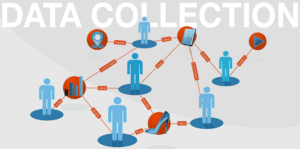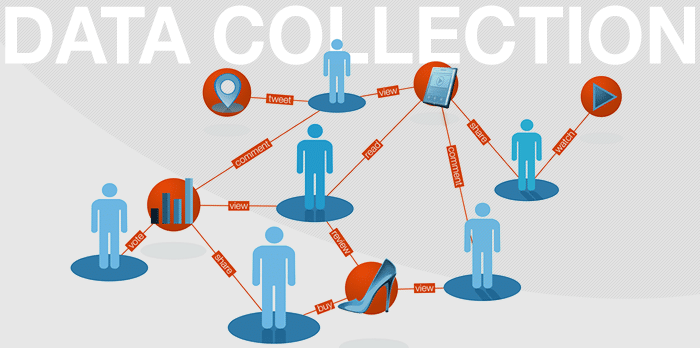Whether noble or discretely, each machine we use turns our activity into cold hard data. Of course, it’s not the machines themselves that collect the data, but rather the software we’re using on them is what gathers it all; whether it’s Microsoft Excel or SCADA systems.
There are many people and corporations that want to extrapolate the data pertaining to as many people as possible and utilize it as a resource. They can use it for marketing research, to monitor entire lives, exploitive purposes and even to satisfy a want to steal from public services unjustly.
Consequently, with any of these prospects facing just about every digital user out there today, it’s worth asking the question; how do our machines collect data?

SCADA Systems
SCADA (Supervisory Control and Data Acquisition) systems are the favorite of industrial corporations, and both store and use data extremely effectively through clarity, automation, and precision. It’s a digital hub for all assets and processes, whereby data from specialist machinery can be fed straight into the software.
This is because SCADA organically integrates with other systems, blending together data management tools and an active data management plan. Therefore, many industrial organizations can make their decisions straight from what they’ve stored here.

Clarity is a big plus for the appeal of the software, as it works in a completely transparent and adaptive way for user satisfaction first. Furthermore, SCADA can actively manage assets through automation, and build up high-end security around them. It drives the organization levels of industrial corporations and protects business assets for authorized use only. Ultimately, this combination of productivity, reliability, and visibility of big data is hard to come by.
Microsoft Excel
When people have numbers to crunch and pie charts to create, the common data tool that people turn to is Microsoft Excel on a standard computer. Of course, the popularity of the software is the main draw here, as it allows people to transfer data more easily when everyone has installed the same generic collection tools. Everyone has Microsoft Excel, whether it’s the local librarian or a CEO of a multinational firm.
Moreover, it’s great for its vast array of tools to aggregate and organize data too. That said, it’s only effective to an extent. Microsoft Excel is so popular because it’s, frankly, rather basic, a somewhat middling all-rounder of data handling tools.
Once the user wants to explore more data or larger quantities of other data from their specialist industry and machinery, the limitations of Microsoft Excel start to reveal themselves. Once the fissures have appeared, most know that it’s time to move onto more specialist data handling tools like the SCADA systems.













Leave a Reply